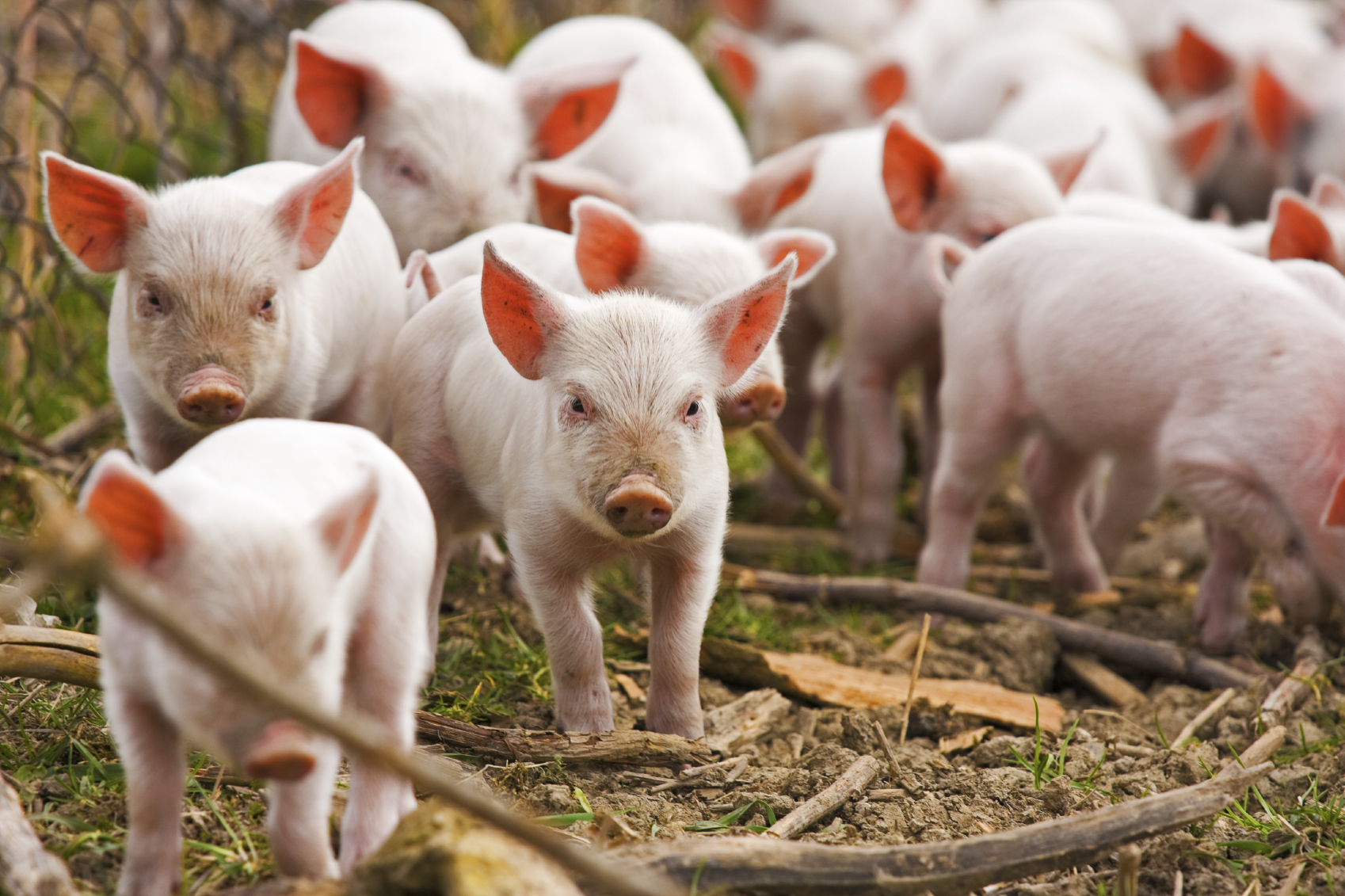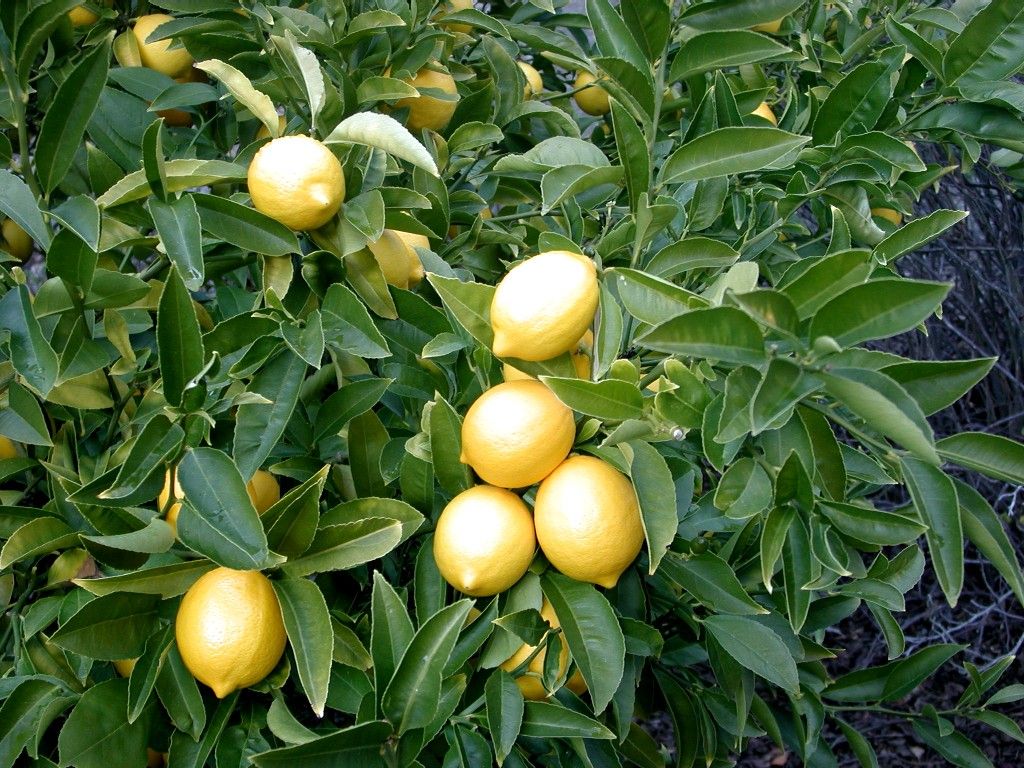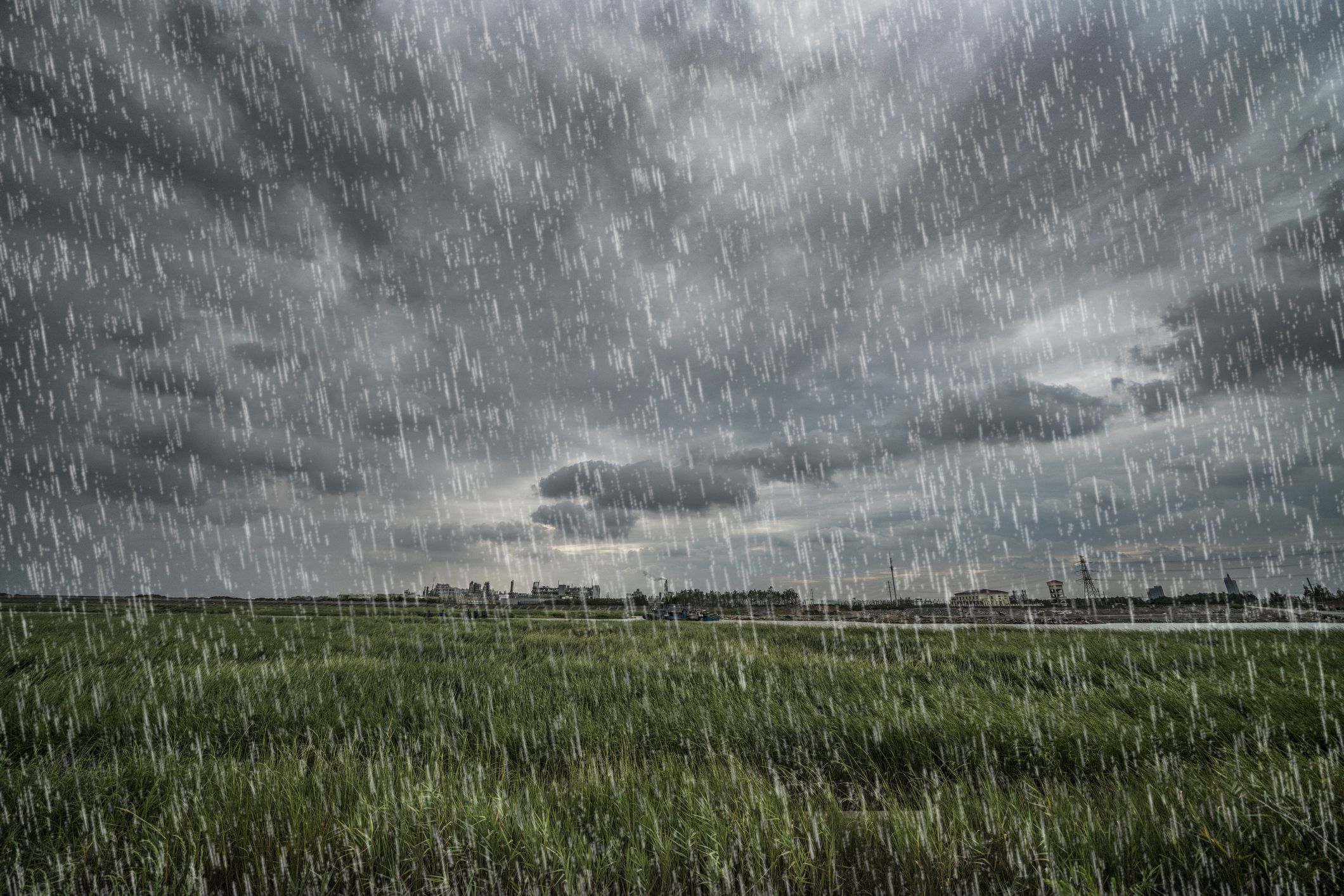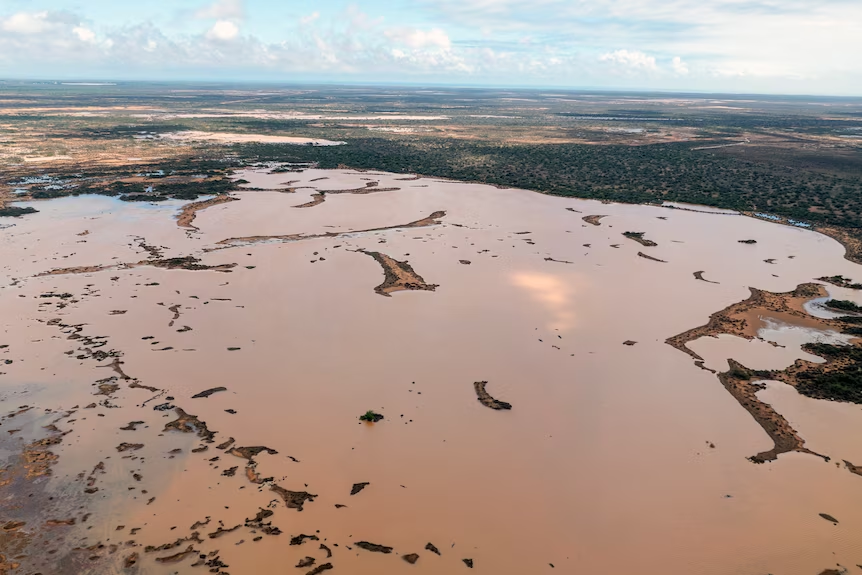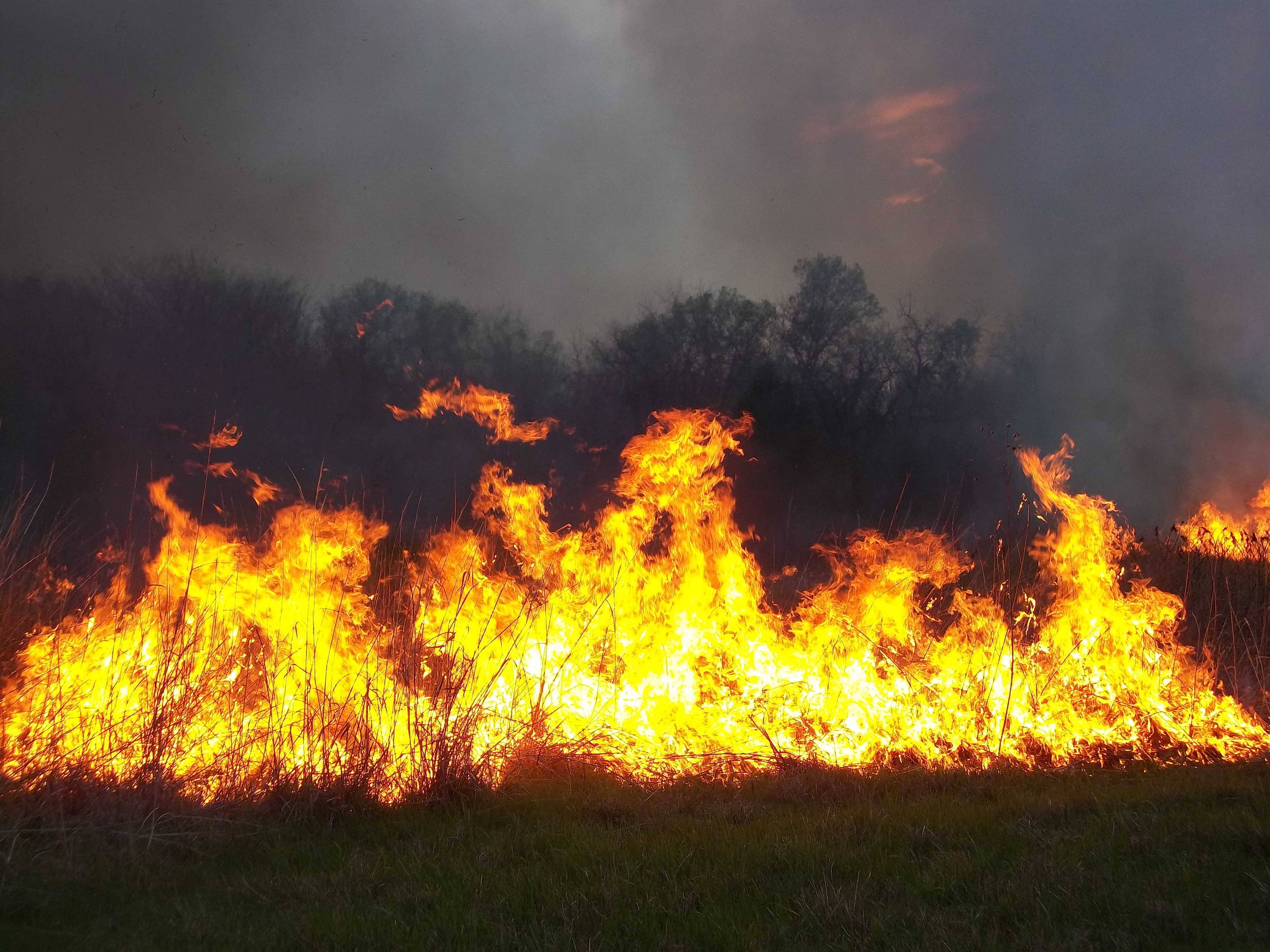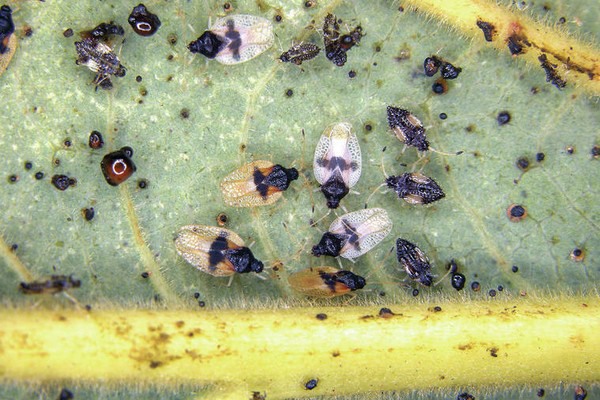Manitoba’s latest battle with PED has put a new focus on biosecurity as fall manure spreading gets underway.
The province suffered another spate of PED confirmations this month. The Chief Veterinary Office (CVO) had confirmed 78 cases as of Sept. 20, with the last confirmed Sept. 13. Eight of those cases have been added since the start of September, bringing this year’s outbreak only two shy of the record-setting 80 cases in 2017.
“We’ve been able to work really well with herd veterinarians, the manure applicators and nutrient management folks and there has been a lot of effort into looking at a lot of different small things, small steps that can happen during application,” Dr. Glen Duizer of the CVO said. “I’m very encouraged to be able to manage that as best as possible with the recognition that manure still needs to be applied and it’s an important resource for both the grain producers and crop producers who use it as a fertilizer source.”
Why it matters: Fall hog manure may be bringing more than nutrients to the field, but officials are warning producers to keep a close eye on biosecurity as hog barns continue to come down with PED, many of which are still ’cause unknown.’
Duizer is encouraging people to keep a close eye on the weather since rainfall or wind could spread manure (and any pathogens in it) outside the field. Cross-contamination between PED-positive lagoons and yard sites during pumping is also a concern. Cleaning equipment between sites will also be key, Duizer said.
Jenelle Hamblin, the Manitoba Pork Council’s manager of swine health programs, also urged producers to take caution when spreading.
“It’s always good to take extra precautions during pump-out and application of your lagoon, not only for PED, but for many other pathogens as well,” she said.
Growing response
Cases in 2019 have the industry back scrambling for answers on the cause of infection. The industry and province both sunk substantial investments into studying biosecurity after the 2017 outbreak. Many cases that year were tied to direct animal movement, something Hamblin says the industry moved to limit after that year.
In the wake of 2017, the industry saw more attention to:
- How animals were moving;
- How often they were moving, biosecurity practices from drivers and at the barn door;
- Segregated transport and processing lines to keep pork flowing without increasing risk of infection; and
- The launch of the Manitoba Co-ordinated Disease Response, an online platform geared towards quick distribution of information and disease updates.
In 2018, at least, there seemed to be progress. The province reported 17 cases, all in the southeast area that has been the typical hotbed for the virus.
This year, however, the virus took off again, and with fewer answers. Far fewer cases have been linked to animal movement, and organizations like the CVO and Manitoba Pork Council are back to figuring out what might be triggering the spread.
“We certainly have learned a lot about this virus, but these recent breaks and perhaps 2019 in general has shown us that we do have a lot to learn ” Hamblin said.
The council hopes to dig more into PED’s area spread, including risk though road transport, aerial spread through field activities and how the virus moves through an environment in general.
Manure lagoons are also on the council’s radar. Hamblin says they hope to test lagoons from previously infected barns to get a better handle on how the virus survives in manure and what viral loads actually are years down the road.
Most cases came earlier in the year in 2019, leading the council to look at weather patterns coupled with manure application.
Duizer’s office has completed preliminary analysis on environmental factors such as wind, something he says may have contributed to some of the latest cases.
“We hate pointing to just the weather and saying it’s all the weather. I think that’s too easy,” he said. “We need to make absolutely sure that we’re not missing some- thing and we’re continuing to do that kind of work.”
It’s been tough going for producers. About half of cases this year are repeat infections. Some of those barns, Duizer said, have been fighting to recover after infections four years ago, only to fall victim again in 2019. But many of the novel cases have also cropped up in the barns most likely to feel the impact.
Many novel infections have been in barns with breeding stock — potentially devastating, since PED can cause 80 to 100 per cent of piglet losses. Earlier in the year, Duizer noted that there was some holdover immunity limiting losses in sow operations that had previously come down with the disease.
Silver lining
There is some good news to tease out of the growing PED numbers. The industry has held the line in regions that reported the virus for the first time this year. Cases near Notre Dame de Lourdes in west-central Manitoba and the RM of Whitemouth in the northeast are still isolated cases, something Hamblin credits to the relatively recent arrival of PED to the area as well as quick biosecurity lockdown.
New cases of greatest concern right now — those where the cause of infection is still unknown — are largely around New Bothwell and Randolph in the southeast, Duizer said.
“There’s certainly been lots of activity there and weather patterns and all kinds of movements in the area; harvest has been happening, etc., etc.,” he said. “All of those things could be kind of contributing but to say that we have a single risk factor that hasn’t been addressed or that we’ve missed, we can’t say at this point.”
Outside that area, new cases are all tied to purposeful animal movement as barn operators are forced to find finishing space for recovered pigs still shedding the virus. Those movements have purposefully been kept to barns with a history of PED to avoid infecting new manure lagoons.
Source - https://www.manitobacooperator.ca


